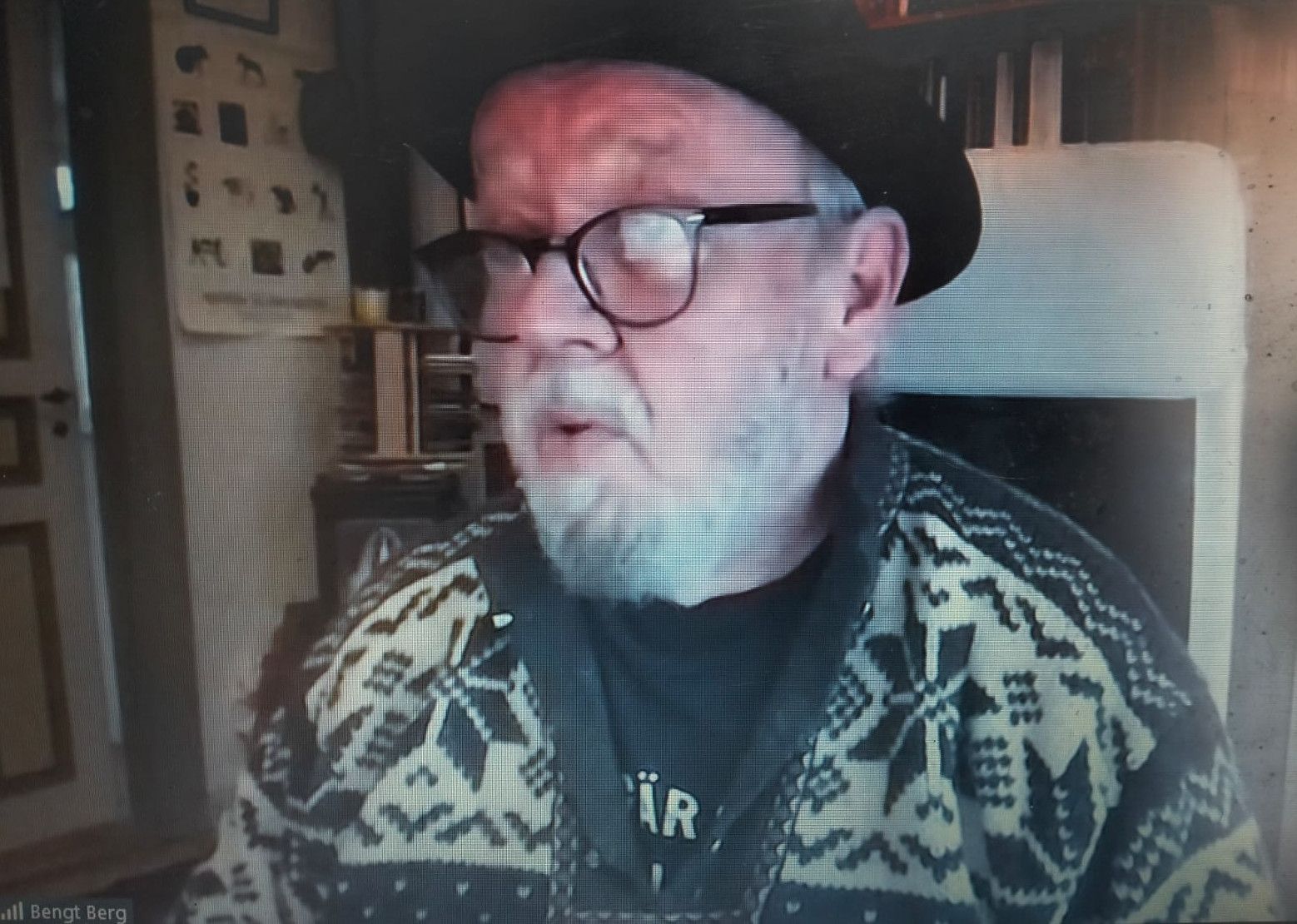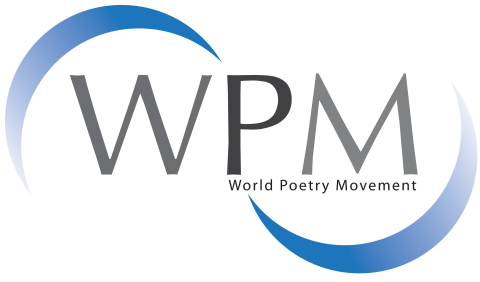The Role Of Poetry - Sweden Report

Sweden, 17-03-2023.
National Coordinator in Sweden: Bengt Berg.
There is something strange about poetry globally. A good collection of poetry sells about 1,000 copies around the world, regardless of the population of each country. Whether it’s China or India with over a billion citizens or Iceland with just over a quarter of a million: 1000 copies! Don’t ask me why, and I know that there are much-loved poets in every country whose poetry collections sell considerably more, but … But each person, each reader, is after all only one person and then it is more a question of how deeply the poem can reach, what significance it has in each person who reads or listens.
Through a fairly long life, a realisation has emerged: it is important to see the value in what is different, unlike what is “my natural”. It is simply a matter of respect for human, humanistic dignity. Not just the equal value of all people, nor that human dignity can be measured in terms of money and power, but that there is something inviolable in all life, beyond all hierarchies and measurable systems. There must also be respect for what makes us different, for our differences and how we live our lives.
When it comes to culture in general and perhaps poetry in particular, it is all too easy for them to be marginalised in our commercial and profit-maximising society. The alphabet is our way of challenging numbers on the altar of economism and language our contribution to maintaining democracy.
We can create contacts and exchanges across geographical, political, cultural and linguistic borders – we can show the beauty of diversity and pluralism.
A hope: For me, living so close to nature, there is a dream of organising regular poetry and music festivals in direct proximity to the beautiful nature that surrounds us – to let the words and sounds meet the scents of the forest and the stillness of the water.
THE WORLD AROUND
What is most affecting and tragic for individuals, the civilian population, is war, the violence that under the guise of war cancels out most human values. Artistic creation, like children’s play, is the opposite of war. Our poems can express our innermost thoughts and feelings, they are a place where reason and imagination meet. When a child plays with the sounds, shapes the words, puts them together into sentences, they are simultaneously building the outlines of their own image of the world.
The dream of a world at peace may seem utopian, yet that is the horizon towards which we must strive. But peace is not only the opposite of war, it also requires justice at various levels, enabling everyone to realise their lives according to the fine motto: To each according to need, by each according to ability.
There is darkness in this world and there are also bright spots that must be cherished. This is perhaps where poetry, our means of expression, comes in. Trying to find the words that can energise the soul when so much seems bleak, problematic, even impossible to counteract. But there are degrees and levels. The devastating earthquake in Turkey, Syria and Kurdistan is caused by forces beyond our control. The climate change that threatens our common future here on Earth, however, stems from causes that can be understood and combated. The inflation and rising food prices that most ruthlessly affect the poorest in society are intimately linked to the way big finance manages its power outside the control of democracy.
And then there are the wars around the world, including the terrible war that has been going on in Ukraine for more than a year, when Russia invaded its independent neighbour and brotherly people. Since then, the bombing and human suffering has continued.
The beautiful Mediterranean Sea has become the sea of death for many migrants. Reactionary semi-fascist governments are building ever-higher walls around the EU, prohibiting the human will to participate in rescue operations. For too many, it is about Migration from apoor life or a terrible war to Death, not as our poster says: “Migration from death to life”. Here we also have a big task to fulfil, not only in words but also in practice!
Also, and not least in times of hardship, culture plays a very important role, sometimes as resistance, sometimes as consolation or simply as a reminder that there are human values worth preserving through the darkest of times.
MY OWN BACKGROUND AND ACTIVITIES
Since I was born, raised and now live in a rural village in the forest and lake district of western Sweden, my conditions for working with WPM are special.
It is just over 100 kilometres to the nearest major city, Karlstad, where there are just under 100 000 inhabitants.
But my home province has a rich literary tradition and the female author Selma Lagerlöf, who was awarded the Nobel Prize in 1909, lived and worked here. There is a living tradition of oral storytelling that is also of great importance to me, whose mother tongue is the dialect, a dialect that has a lot in common with the language spoken on the other side of the border, in Norway.
My first poetry collection was published in 1974 with the title Where the Dream Ends. Since then there have been more than 40 books, mostly poetry and several in collaboration with various artists. This spring my latest, in Swedish/Spanish, will be published: Jag hör luften, with images by the Spanish artist Joaquín Martínez.
During these years I have had the pleasure of participating in various festivals around the world and also had poems translated into many foreign languages.
I have been an activist in many different areas. Literally by establishing small, non-commercial publishers and magazines, politically by being active in various extra-parliamentary movements such as the one against the war in Vietnam, in the environmental movement and various solidarity movements. For me, poetry and politics have been two sides of the same coin.
It has been important to convey and distribute culture to people who do not belong to the privileged and obviously culture-consuming class.
In 1990, my wife and I started Heidruns Förlag and a Book & Image Café of the same name, named after the Norse goat that stood on the roof of Valhalla in Norse mythology. We wanted to establish a cultural oasis far from the possibilities of the big cities and we have published more than 300 books during these years.

